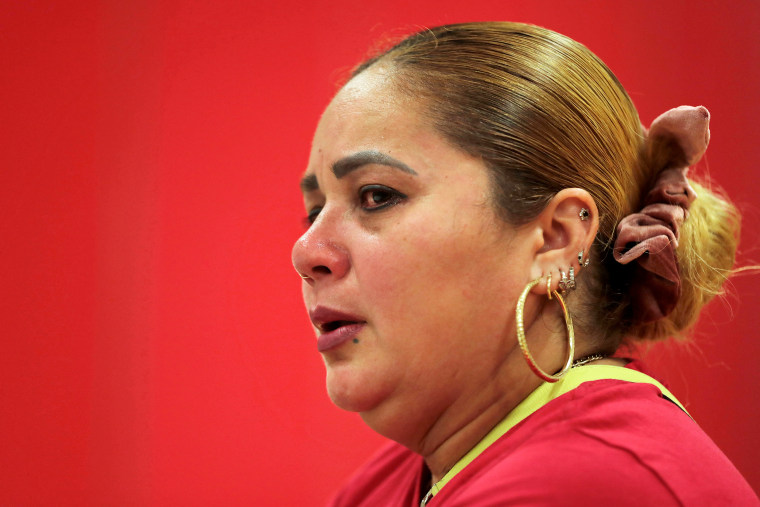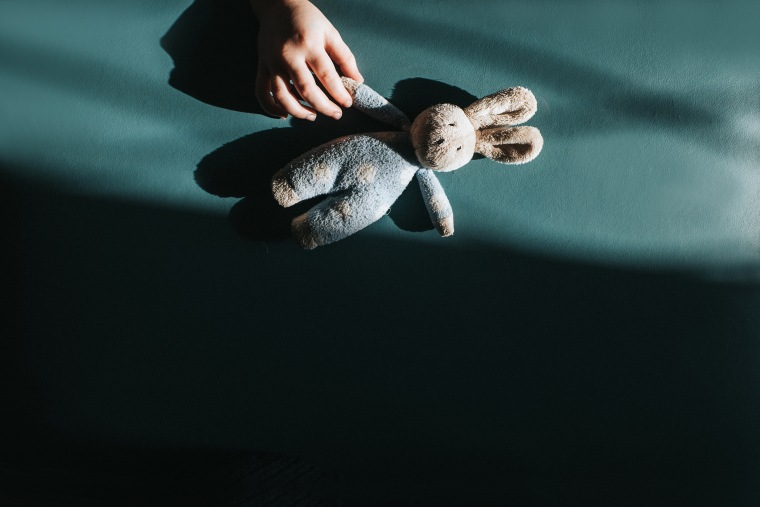According to a story published Monday by The Boston Globe, even though Latinos under age 17 account for 20% of children in Massachusetts, they represent 34% of children in foster care and now face the greatest risk of winding up in foster care than in any other state in the country. The story is one of several the Globe has written about problems in the state’s Department of Children and Families (DCF), including a lack of housing for foster children and the denial of Social Security benefits to those whose parents have died.
The overrepresentation of Latino children is particularly worrisome because children in the foster care system are more likely to do poorly in school and to enter the criminal justice system.
But the overrepresentation of Latino children, along with an overrepresentation of Black children that’s nearly as bad, is particularly worrisome, because, as the newspaper notes, children in the foster care system are more likely to do poorly in school and to enter the criminal justice system. And innocent parents investigated for mistreating their children may have a more difficult time getting hired for jobs after being investigated.
More than a story about the problems in one state’s child protection agency, the Globe’s story is a reminder of the necessity of diversity, equity and inclusion (DEI) policies, the same policies that have been maligned as “woke” by conservatives touting the myth of colorblindness. Massachusetts is a blue state where DEI policies aren’t necessarily under attack right now, but that doesn’t mean the state gets everything right. Given that the agency that oversees the Massachusetts foster care system is just 16% Latino, it seems obvious that a greater emphasis on diversity, equity and inclusion in hiring and in carrying out the agency’s mission would greatly benefit children stuck in a cycle of neglect, poverty and invisibility.
One reason there’s a disproportionately high number of Latino children in Massachusetts’s foster care program, the story notes, is that many people are reporting parents or caregivers for possibly neglecting or abusing their children without having a cultural knowledge of Latinos living in the state. There’s also the fact that, according to what DCF officials told the Globe, some of the people who believe themselves to be seeing signs of neglect or abuse are seeing signs of poverty. The Latino poverty rate in Massachusetts, 19.9%, is twice the state’s overall poverty rate.
“Maybe you’re concerned about food, clean clothes,” Mary McGeown, the Office of Health and Human Services’ undersecretary for human services, told the newspaper. “There are lots of responses that can be put into place long before you contact the Department of Children and Families.”
Tatiana Rodriguez, a former foster child and now a nonprofit advocate, told the Globe that asking for social services can be its own kind of trap, because “when you go and ask for help, any type of resources, all these places, are all mandated reporters.” And, she said, “they’re trained to overreport.”

But that’s not all. In her comments to the Globe, Rodriguez said bluntly: “A Hispanic family cannot get away with what a white family can get away with, period.”
As the Globe reports, “Latino children are slightly more likely than Black children, and more than twice as likely as white children, to have an open case with DCF.”
DCF officials told the newspaper that its employees aren’t biased and that Latino families aren’t more likely to be accused of abuse.
Across the country, the bigger issue in the foster care system is the overrepresentation of Black children, who are 22% of the U.S. foster child population, despite representing only 14% of the total child population. The Children’s Defense Fund notes that American Indian/Alaska Native children are also “dramatically overrepresented,” and even though they represent just 1% of the overall child population, they represent 2% of the foster care population.
Across the country, the bigger issue in the foster care system is the overrepresentation of Black children.
Census numbers project that in the U.S. in 2050, 39% of children will be white and non-Hispanic. As for the other 61%, the Federal Interagency Forum on Child and Family Statistics’ website notes, “31% will be Hispanic; 14% will be Black, non-Hispanic; 7% will be Asian, non-Hispanic; and 9% will be non-Hispanic ‘All other races.’”
Now is the time to dismantle the racial, linguistic and cultural barriers that have long set back countless children from becoming contributing members of this country. DEI needs to be part of everything we do, especially when it comes to the care of children.
As the Children’s Defense Fund notes: “Many agencies are beginning to adopt antiracist approaches to care. To combat systemic bias and guarantee that all children receive equitable care and protection, we must begin to see system-wide reforms driven by antiracist frameworks.” That sentiment is echoed by the Children’s Bureau, which says, “Black, Brown, and Native children cannot be supported without simultaneously strengthening and caring for Black, Brown, and Native families. This includes systems investing in prevention services and wraparound services for struggling parents as well as antiracism training for child welfare professionals.”
That’s the kind of training that prompted a coordinated backlash from conservatives decrying what they brand as “wokeness.” But consider the Latina mentioned in the Globe story who was repeatedly described as “angry” by a white social worker assigned the case temporarily but who had never been described that way by the Latina who’d been working with her. It might sound like a small example, but when you are a mother and faced with the prospect of losing your child, it shouldn’t feel like a criminal investigation.
In the discussions about DEI initiatives and affirmative action, too much attention has been focused on those who fear losing power and prestige in a more diverse and equal society and not enough on those who suffer from government policies that aren’t equitable and are so often carried out by bureaucracies that aren’t diverse.
People pushing for DEI aren’t doing so just to be cool. They’re doing it because the old way of doing things is so often tragic. As another former foster child and nonprofit leader told the Globe, “Once the system gets a hold of us, it never lets go.”

